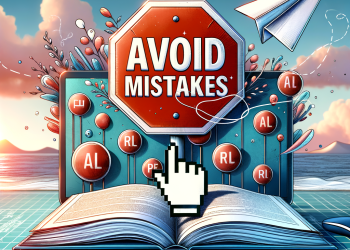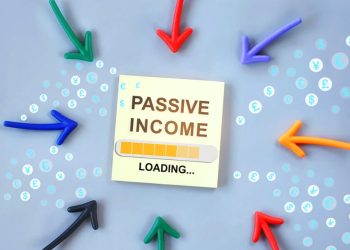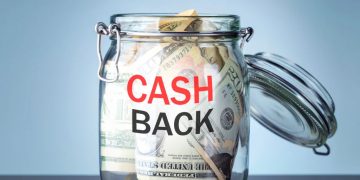Understanding the limits of your protection is just as important as knowing what your homeowners insurance covers. While many homeowners confidently rely on their policies to safeguard their properties and belongings, there are specific exclusions within these contracts that could leave you vulnerable to significant financial loss. Recognizing and understanding these homeowners insurance exclusions is essential for making informed decisions about your coverage and ensuring comprehensive protection for your home.
What Are Homeowners Insurance Exclusions?
Homeowners insurance is designed to cover damages and losses resulting from various unexpected events, such as fire, theft, or certain natural disasters. However, no insurance policy covers every possible risk. Exclusions refer to specific situations, causes of damage, or types of property that the insurance company will not pay for under your policy. They are essentially the fine print, outlining the boundaries and limitations of your coverage.
By being aware of these exclusions, you can avoid surprises when you file a claim and take steps to mitigate risks that your policy does not cover.
Common Homeowners Insurance Exclusions You Should Know
1. Flood and Earthquake Damage
One of the most significant and often overlooked exclusions involves natural disasters like floods and earthquakes. Standard homeowners insurance policies typically do not include coverage for flood damage because flooding is considered a separate risk requiring specialized insurance. Similarly, earthquake damage usually demands a standalone policy or a rider.
Homeowners living in flood-prone or seismic zones should consult with their insurance agent to purchase the relevant supplemental policies to avoid catastrophic financial loss.
2. Maintenance-Related Damages
Insurance is intended to protect you from sudden and accidental damage; it doesn’t cover the costs associated with wear and tear or poor maintenance. Issues like mold due to neglected leaks, pest infestations, or damage from gradually worsening plumbing problems are commonly excluded.
Regular home maintenance is essential not just to preserve the value of your property but also to ensure your claims are not denied due to negligence.
3. Acts of War or Nuclear Hazards
While this may sound extreme, most homeowners insurance policies exclude damage caused by war, nuclear incidents, or terrorism. These risks often require separate coverage or fall under government programs.
This exclusion is crucial for homeowners in areas with geopolitical instability or near sensitive infrastructure to consider additional protection measures.
4. Valuable Items Beyond Policy Limits
Standard policies often set limits on coverage for expensive personal items such as jewelry, collectibles, or fine art. If your valuable possessions exceed these limits, you won’t be fully reimbursed in the event of loss or theft unless you purchase additional endorsements or separate policies.
Inventory your valuable belongings and consider adding scheduled personal property coverage for full protection.
How to Identify and Manage Homeowners Insurance Exclusions
Carefully Review Your Policy
Before assuming what’s covered, take the time to thoroughly read your homeowners insurance contract. Look for the exclusions section, usually listing scenarios and items that the insurer will not cover.
If anything is unclear, ask your insurance agent for detailed explanations. Understanding this section helps you assess your risk exposure accurately.
Consider Supplemental Coverage
If you discover that certain risks important to you are excluded, explore additional insurance products. Flood insurance, earthquake insurance, umbrella policies, and scheduled personal property endorsements are common add-ons that bridge coverage gaps.
Keep in mind that these policies might come with extra costs, but they often provide critical protection that can save you from severe financial hardship.
Maintain Your Property Properly
Since insurance doesn’t cover damage from neglect, routine home maintenance is a cost-effective way to reduce potential risks. Repair leaks promptly, inspect your roof and foundation regularly, and address any issues before they escalate.
Maintaining detailed records and receipts of upkeep can also help support insurance claims if disputes arise.
The Importance of Transparency and Communication
Always communicate openly with your insurer about your specific needs and concerns. Changes to your home, such as renovations or additions of expensive equipment, might alter your coverage requirements. Failing to update your policy could expose you to further uninsured risks.
Regularly reviewing your policy, ideally once every year or after major life changes, ensures your homeowners insurance evolves with your circumstances.
Conclusion
Homeowners insurance is a vital tool for protecting your most significant investment. However, no policy is all-encompassing. The exclusions built into these contracts highlight the risks that might still leave you exposed.
By understanding the key homeowners insurance exclusions — from natural disasters and maintenance issues to valuable item limits — you can make smarter decisions about the coverage you need. Regularly reviewing your policy, adding supplemental coverage when necessary, and maintaining your property are strategic ways to minimize the impact of these hidden risks.
Ultimately, a well-informed homeowner is a well-protected homeowner. Taking the time to learn about your insurance exclusions today can prevent costly surprises tomorrow.






































